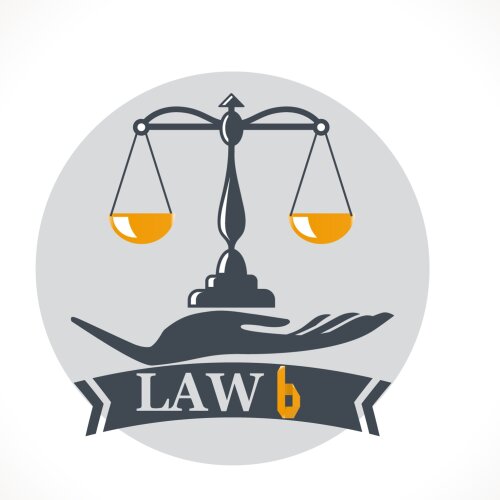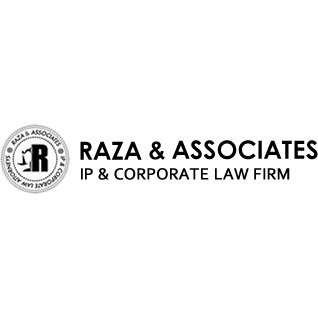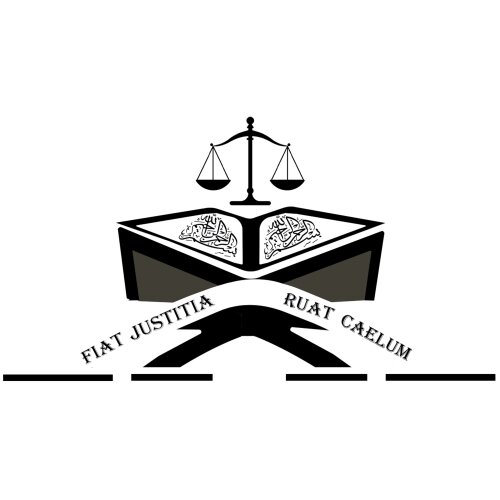Best Tax Increment Financing Lawyers in Pakistan
Share your needs with us, get contacted by law firms.
Free. Takes 2 min.
Or refine your search by selecting a city:
List of the best lawyers in Pakistan
About Tax Increment Financing Law in Pakistan
Tax Increment Financing (TIF) is an innovative method used by municipalities to promote economic development and infrastructure projects without needing to increase taxes or dip into general funds. In Pakistan, TIF is still in the developmental stages, with local governments exploring its viability as a tool to encourage urban renovation and development. While not as widely used or established as in some other countries, TIF in Pakistan represents a significant opportunity for modernizing urban infrastructure and attracting investments. The legal framework supporting TIF comprises various provincial regulations and guidelines aimed at fostering public-private partnerships to stimulate economic growth.
Why You May Need a Lawyer
There are several scenarios in which hiring a lawyer for Tax Increment Financing in Pakistan may be beneficial:
- Understanding Legal Requirements: A lawyer can help navigate the complex legal requirements and regulations regarding TIF projects.
- Contract Negotiation: Lawyers are essential for negotiating terms between government bodies and private investors to ensure fair and legal agreements.
- Project Compliance: Ensuring that a TIF project complies with local laws, including zoning and environmental regulations, is crucial, and a legal expert can guide you through this process.
- Dispute Resolution: In cases of disagreement or misunderstanding between parties involved in TIF projects, legal counsel can provide conflict resolution services.
- Financial Structuring: Legal advice can be critical in structuring the financial elements of TIF, including the calculation of tax increments and the distribution of funds.
Local Laws Overview
Key aspects of local laws relevant to Tax Increment Financing in Pakistan include:
- Provincial Legislation: TIF regulations can differ from one province to another, making it important to understand the specific legislative frameworks that apply.
- Zoning Regulations: TIF projects must comply with local zoning laws, which dictate how land can be used and developed.
- Environmental Compliance: Projects must adhere to environmental laws to ensure sustainable development practices are met.
- Public-Private Partnerships (PPP): Laws regarding PPPs are crucial, as TIF often involves collaboration between government entities and private firms.
- Taxation Policies: Understanding the taxation structure, including how tax increments are calculated and applied, is vital in TIF projects.
Frequently Asked Questions
What is Tax Increment Financing (TIF)?
TIF is a financing method that uses future tax revenues generated from an increased value of property to fund development projects.
How does TIF benefit local communities in Pakistan?
It encourages urban development, improves infrastructure, creates jobs, and can boost local economies without imposing additional tax burdens.
Are there risks associated with TIF projects?
Yes, potential risks include project delays, financial mismanagement, and dependency on successful development to realize tax increments.
Who initiates TIF projects in Pakistan?
Typically, local governments initiate TIF projects in collaboration with private investors and developers.
How is a TIF district established?
A TIF district is established through a legislative process that defines a specific area where TIF can be applied.
Can TIF funds be used for types of projects?
TIF funds are generally allocated for public infrastructure and economic development projects, like roads, schools, and housing.
How long does a TIF district last?
The duration of a TIF district can vary based on local laws and project needs, usually spanning several years until sufficient tax increments accrue.
Is public input considered in TIF planning?
Yes, public hearings and consultations are typically part of the process to ensure community engagement and transparency.
Can TIF be used for environmental projects?
While primarily used for urban development, TIF can fund environmentally sustainable projects if aligned with local regulations.
Do all cities in Pakistan use TIF?
No, TIF usage depends on local government policies and the overall regulatory environment supportive of such initiatives.
Additional Resources
For further assistance, you may consider reaching out to:
- The Planning and Development Department of your respective province
- Local Municipal Corporations
- Legal firms specializing in TIF and urban development law
- Chambers of Commerce for insights on public-private partnerships
- Guidelines and publications by the State Bank of Pakistan regarding financial aspects of TIF
Next Steps
If you require legal assistance with a TIF project in Pakistan, consider the following steps:
- Research and Identify: Ensure you have a clear understanding of your project needs and which aspects of TIF law apply.
- Consult with Experts: Reach out to legal firms with experience in TIF and urban development to discuss your requirements.
- Documentation Preparation: Gather all necessary documents and project proposals to streamline the consultation process.
- Engage Stakeholders: Work closely with stakeholders involved, including local government officials and potential investors, to align goals and objectives.
- Legal Representation: Choose a legal representative or team to guide you through compliance, negotiation, and implementation stages.
Lawzana helps you find the best lawyers and law firms in Pakistan through a curated and pre-screened list of qualified legal professionals. Our platform offers rankings and detailed profiles of attorneys and law firms, allowing you to compare based on practice areas, including Tax Increment Financing, experience, and client feedback.
Each profile includes a description of the firm's areas of practice, client reviews, team members and partners, year of establishment, spoken languages, office locations, contact information, social media presence, and any published articles or resources. Most firms on our platform speak English and are experienced in both local and international legal matters.
Get a quote from top-rated law firms in Pakistan — quickly, securely, and without unnecessary hassle.
Disclaimer:
The information provided on this page is for general informational purposes only and does not constitute legal advice. While we strive to ensure the accuracy and relevance of the content, legal information may change over time, and interpretations of the law can vary. You should always consult with a qualified legal professional for advice specific to your situation.
We disclaim all liability for actions taken or not taken based on the content of this page. If you believe any information is incorrect or outdated, please contact us, and we will review and update it where appropriate.
Browse tax increment financing law firms by city in Pakistan
Refine your search by selecting a city.

















